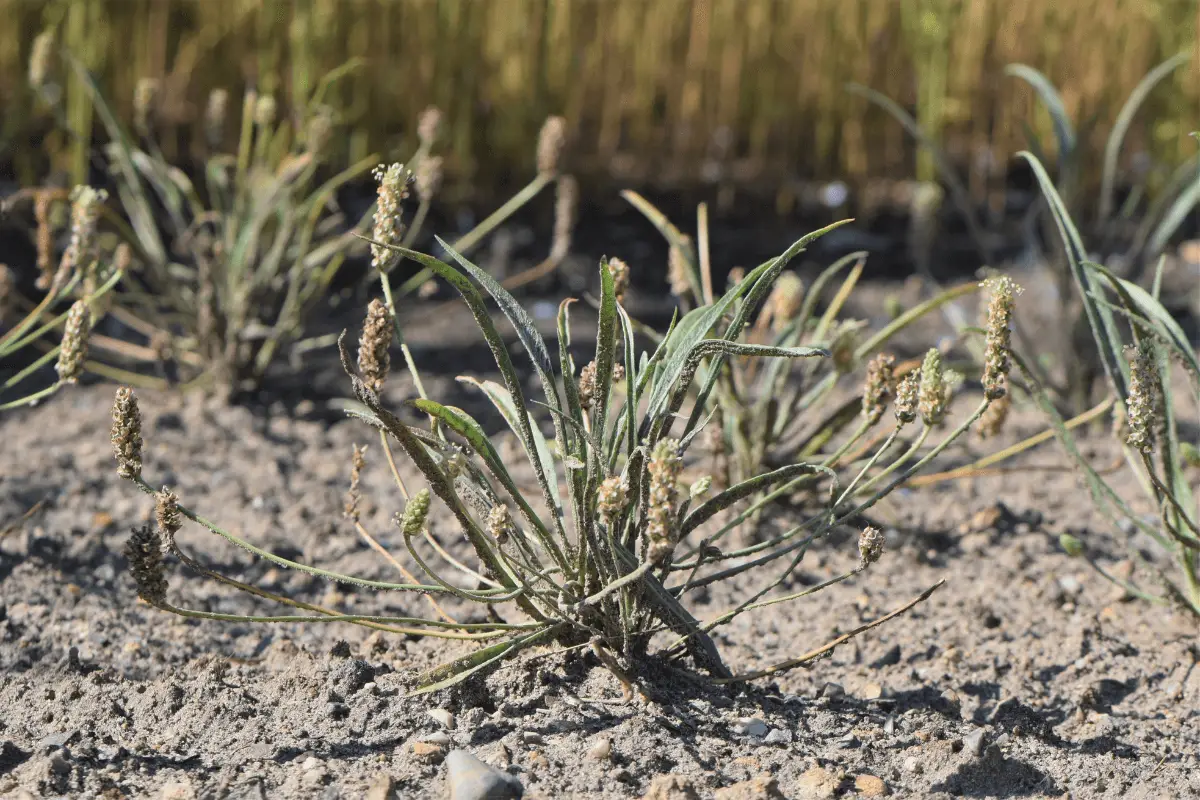TheHerbProf.com is a treasure trove of knowledge for those interested in natural healing and herbal remedies. The website is run by Paul Johnston MD. A naturopathic who has not only received extensive education in the field but also has personal experience in self-healing.
Plantago Ovata
Found in many over-the-counter laxatives, the word in Greek means flea relating to its size. Psyllium is a hydrophilic, mucilaginous, bulking agent that can increase the volume of the intestinal contents.
Used properly Psyllium can stop loose bowels or prevent constipation. Because Psyllium absorbs water (hydrophilic absorbs 8 to 14 times its weight in water) it can help stop loose bowels. Psyllium’s scrubbing action stimulates the bowel’s peristaltic action thus helping prevent constipation.
Psyllium Husk Caps – Get Yours Here.
Psyllium adds bulk to the stool, absorbs toxins, soothes inflamed tissues, removes putrefaction, and promotes the growth of friendly bacteria. This action can help reduce diverticulitis, and diverticulosis.
Due to the poor fiber content in the American diet, the medical establishment (see Merck Manual) expects that all Americans will in their lifetime have diverticulitis and/or diverticulosis of the bowel (sack-like protrusions in the lining of the bowel from the pressure of constipation).
Fiber-poor Diet Leads To…
Naturopaths believe that this same fiber-poor diet leads to a build-up of old fecal matter on the walls of the colon that can putrefy and poison (autointoxication). I have seen castings come out of people using the formula below that were shaped like the inside of the colon from years of build-up.
Psyllium taken in combination with other ingredients of the same nature (bulking, cleansing, soothing, and drawing) can, when used properly, detoxify the bowel.
Bowel Detox combination, look for these ingredients:
Psyllium seeds and husks.
Pharmaceutical-Grade Bentonite Clay.
Apple Fruit pectin.
Flax seed.
Slippery Elm inner bark.
Activated Willow charcoal.
*Water intake should be increased during the detox.
To detox the bowel properly you should take a bowel cleanse, before, during, and after the detox.
Warning:
Psyllium should not be taken for more than a week at a time as it has been reported to pull the cilia off of the small intestine (cilia are responsible for absorption in the small intestine).
Linking Psyllium to TheHerbProf.com
Psyllium is a fiber-packed herb with numerous health benefits, and at TheHerbProf.com, we’re all about exploring these benefits! Here’s how our website and this subject harmonize:
- Psyllium Prose: We provide comprehensive information about psyllium, its medicinal properties, and its uses in herbal medicine.
- Herbal Highlights: Our site offers insights into how psyllium can be incorporated into your herbal regimen.
- Dietary Delights: We share delicious recipes that showcase the versatility of psyllium in cooking.
- Health and Wellness: Our focus is on promoting overall health and wellness, and psyllium plays a crucial role in this.
- Community Connection: Connect with others who are passionate about psyllium and share your experiences.
So, whether you’re a psyllium enthusiast or just starting your herbal journey, TheHerbProf.com is your trusted guide. Remember, stay curious and stay healthy!
References:
Little Herb Encyclopedia, by Jack Ritchason; N.D., Woodland Publishing Incorporated, 1995
The Ultimate Healing System, Course Manual, Copyright 1985, Don Lepore
Planetary Herbology, Michael Tierra, C.A., N.D., Lotus Press, 1988
Handbook of Medicinal Herbs, by James A. Duke, Pub. CRP Second Edition 2007
The Complete Medicinal Herbal, by Penelope Ody, Published by Dorling Kindersley


